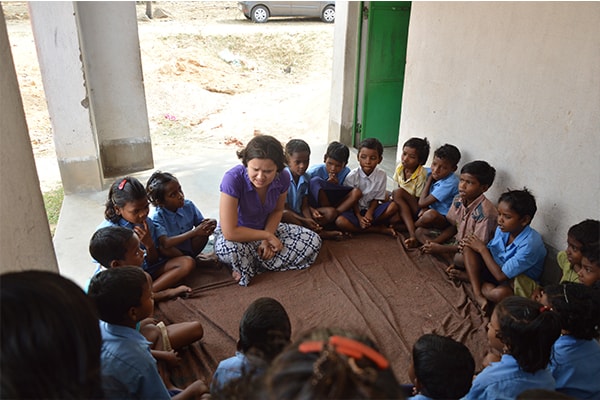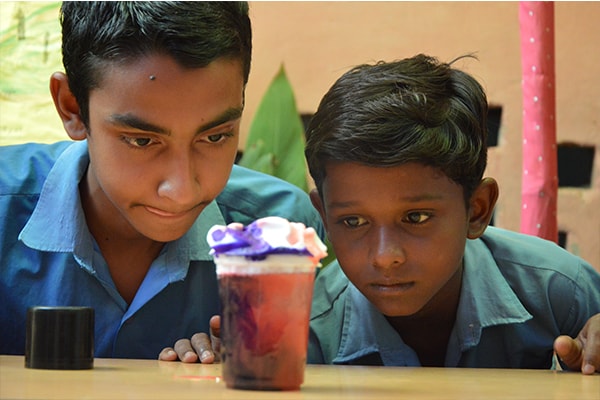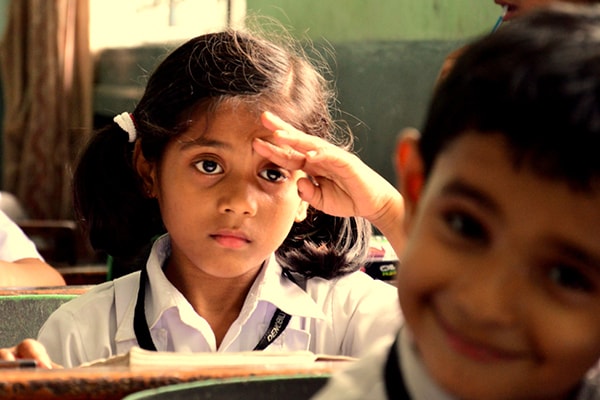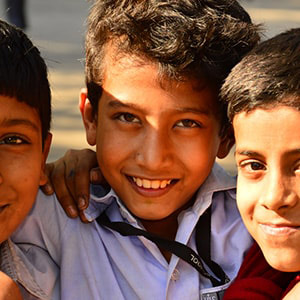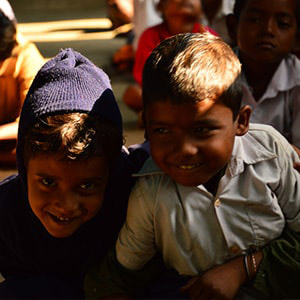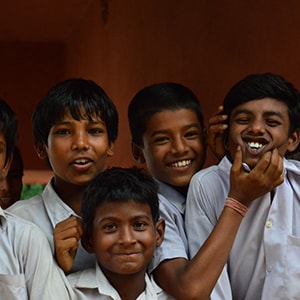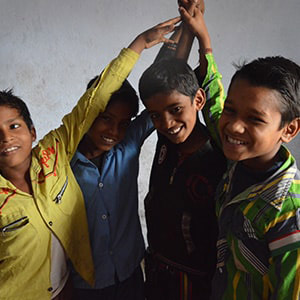
MOTHER LITERACY
Making mothers independent to facilitate child betterment
Programme Beneficiaries
WOMEN ENGAGED AS DAY LABOURERS, ILLEGAL MINE WORKERS AND STREET VENDORS
Challenge
76% of the total rural population (i.e. 114 million households) in India spends less than Rs.3453 on goods and services per month. The penury of these BoP (Bottom of the Pyramid) households is shared by the entire country in terms of hindrance to overall growth. A fair share of the BoP households are actually tribal women who are forced to work in precarious situations that are both- dangerous and inconsistent. We believe that eradicating the existing anomaly would not only empower women and household industry, but contribute to them taking responsible measures in order to educate their children.
WOMEN FROM LOW INCOME FAMILIES
Resolution
Our resolution is to provide these women with both education and employment, while focusing on how their employability will cater to the society. To this end, we have chosen a few major global concerns of waste management and pollution along with creative arts to act as grounds of employment. Our training enables them to acquire authoritarian positions in the community. The functionality of this programme involves but is not restricted to- Setting up skill development centres to train local women in handicraft work and employing women in production of eco-friendly accessories which both provides them with stable risk free jobs and encourages household industry.
HOUSEWIVES FROM THE TRIBAL AND THE VULNERABLE COMMUNITIES.
Impact
The programme currently engages more than 5000 women, who are being given training and employment. These women are also aware of how their actions affect their immediate society or environment and have established themselves as community leaders who in turn help their communities become more responsible. Such responsible and aware mothers themselves create the necessary fertile ground that removes any impeding force towards their ward’s education, and therefore an environment where education is harboured and respected is developed through them.

